Acknowledging the challenges of health access and provision in rural areas, the RRR Committee is driving health equity and emergency care access in regional, rural and remote areas as a priority for the College.
The RRR Committee reports to the Council of Advocacy, Practice and Partnerships (CAPP).
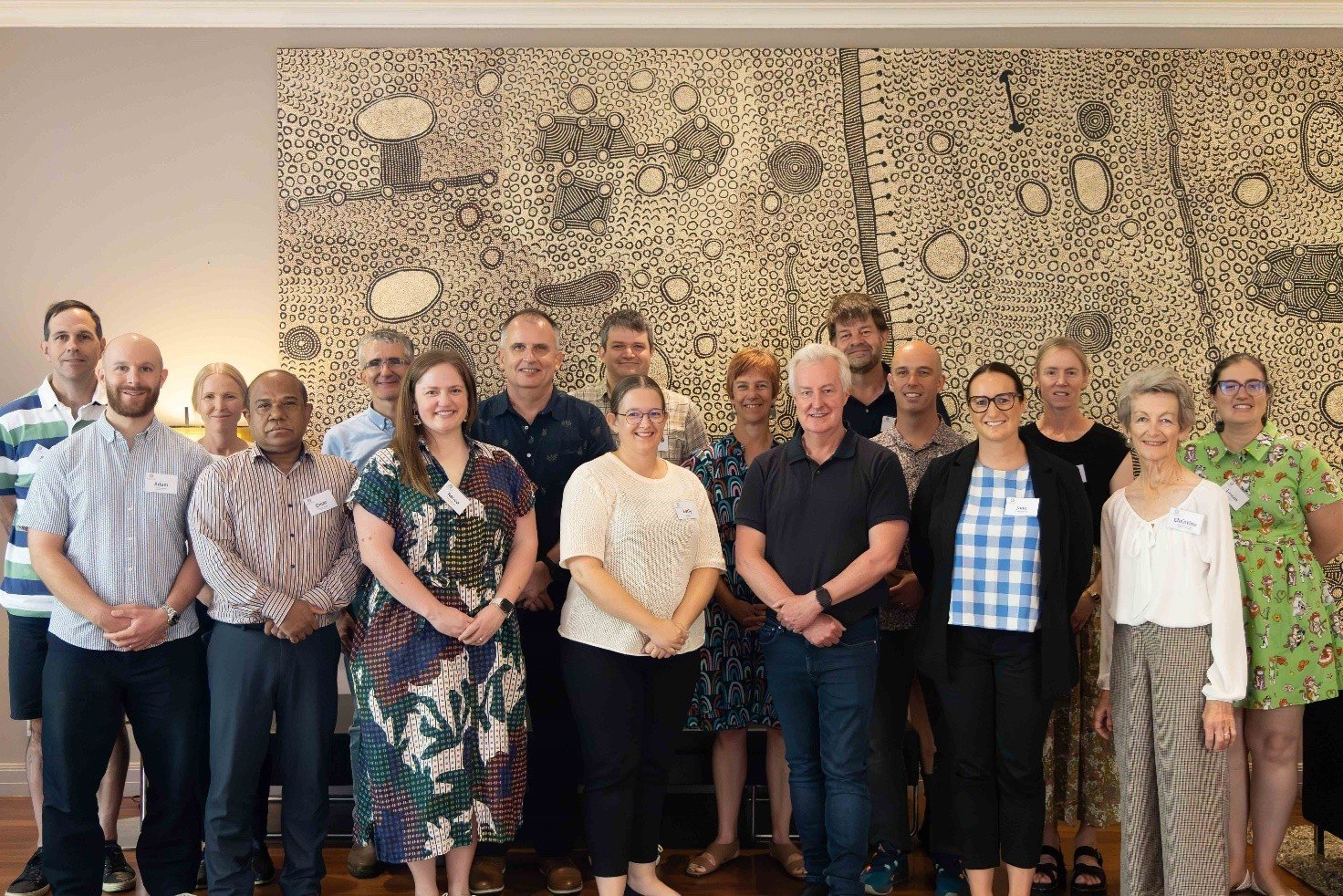
Photo taken at ACEM, West Melbourne, 11 March 2025.
Back row, left to right: Robert Worswick, Kirsty Jackson, Rodney Whyte, Gregory Hollis, Robert Nayer, Nicole Liesis, Tim Baker, Juan Ascencio-Lane, Rachael Luckie, Lauren Kennedy.
Front row, left to right: Adam Gunner, Omar Faraque, Renee Pearman, Karly Field, Stephen Gourley, Jane Armstrong, Christine Edwards.
Not pictured: Lucy-Anne Tolcher, Sophie Parnham.
The RRR Committee plays a key role in advancing the College’s core advocacy priority of workforce and rural health equity. It provides expert advice and, where appropriate, contributes directly to the development and review of ACEM policies, position statements, and guidelines that aim to influence systemic improvements in rural health and workforce distribution across Australia and Aotearoa New Zealand.
One of the RRR Committee's central functions is to provide leadership and oversight in the implementation of the College’s Rural Health Action Plan. In doing so, it works in collaboration with relevant College entities to define and strengthen ACEM’s role in driving initiatives that enhance health outcomes and workforce sustainability in regional, rural and remote (RRR) areas.
The RRR Committee also partners with ACEM’s Education and Training Department to support and promote education and training resources tailored to the unique needs of trainees undertaking ACEM training programs in RRR settings. This includes identifying opportunities to improve the quality and experience of training in these environments.
Through representation on the College’s Workforce Committee, the RRR Committee supports the ACEM Board in its governance responsibilities, particularly in areas such as forecasting workforce needs, addressing workforce maldistribution, monitoring ACEM trainee numbers, and responding to jurisdictional workforce challenges.
Additionally, the RRR Committee contributes to the oversight of ACEM’s National Program via its role on the National Program Steering Committee, ensuring activities are aligned with rural health priorities.
Externally, the Committee represents the College’s position on rural health equity through active participation in the National Rural Health Alliance and keeps ACEM informed of developments and outcomes from alliance meetings. It also engages with external stakeholders, including other specialist medical colleges, on issues of mutual interest, as directed by CAPP and/or the ACEM Board.
This integrated approach positions the RRR Committee as a central contributor to the College’s broader efforts to advance equity in emergency care access and delivery across regional, rural and remote communities.
RRR Committee Members 2025/26
-
Juan Ascencio-Lane – RRRAC Chair | Ex-officio: Deputy Chair, Council of Advocacy, Practice and Partnerships | FACEM (TAS)

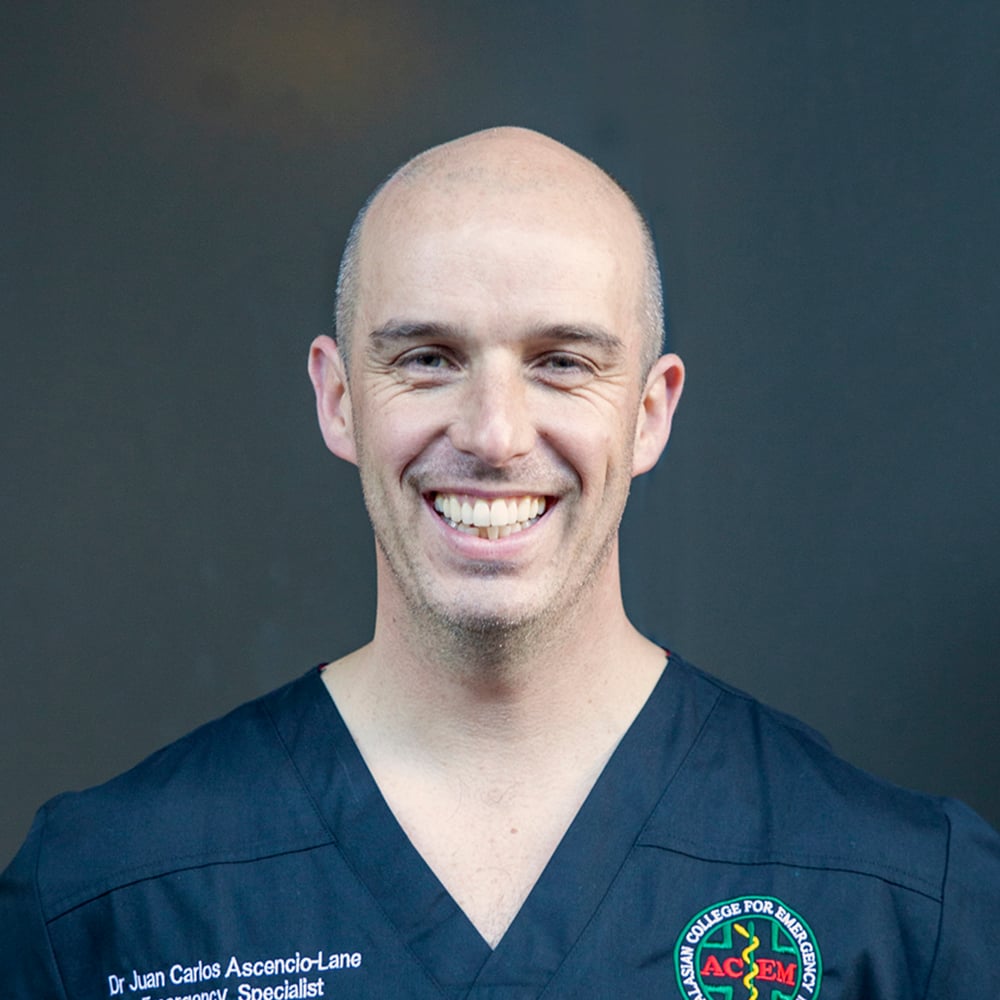 |
Born in Mexico, Juan moved to Ireland at the age of five, growing up immersed in his mother’s heritage. He pursued his medical degree at University College Dublin and, after completing his internship, spent three years in Aotearoa New Zealand, embracing its vibrant outdoor lifestyle before relocating to Tasmania.
He completed his Emergency Medicine training at the Royal Hobart Hospital, where he also met his wife. He now practices as a Staff Specialist in Emergency Medicine and Diving and Hyperbaric Medicine with the Tasmanian Health Service, where he also serves as Director of RESTART (Royal Hobart Hospital Emergency Skills Techniques and Resus Training) and Director of EMET (Emergency Medicine Education and Training) for Southern Tasmania.
Juan is a Fellow of the Australian and New Zealand College of Anaesthetists (FANZCA), having completed his Advanced Diploma in Diving and Hyperbaric Medicine, as well as the postgraduate diploma offered by the South Pacific Underwater Medicine Society (SPUMS). He is qualified as a submarine and underwater medical officer and supervisor. Additionally, he supervises training in collaboration with the Australian College of Rural and Remote Medicine (ACRRM) and the Royal Australian College of General Practitioners (RACGP).
He is deeply passionate about nurturing the next generation of doctors, providing mentorship and guidance to help them thrive in their careers. He is equally committed to the growth and development of Emergency Medicine, advocating for best practices, supporting innovation in training, and contributing to initiatives that strengthen the specialty locally and nationally.
Juan’s contributions to ACEM are extensive. He is the current Deputy Chair of the Council of Advocacy, Practice and Partnerships (CAPP), Chair of the Tasmania Faculty, and a member of the Emergency Medicine Associateship Training Programs (EMATP) Committee, the Workforce Committee, and the National Program Steering Committee. He has also served on the RRR Committee since 2018, acting as Deputy Chair from 2022 and incoming Chair from 2024, and previously held the position of Deputy Chair of the Trainee Committee during his Emergency Medicine training.
Beyond ACEM, Juan is an Advanced Paediatric Life Support (APLS) Instructor, a Fellow of the Faculty of Sports and Exercise Medicine at the Royal College of Surgeons in Ireland (RCSI), and Team Doctor for the Kingborough Tigers Football Club in Hobart.
Outside of work, Juan enjoys sports and spending time with his ever-growing family, balancing his professional commitments with his personal passions.
|
-
Lauren Kennedy – RRRAC Deputy Chair | FACEM (SA)

|
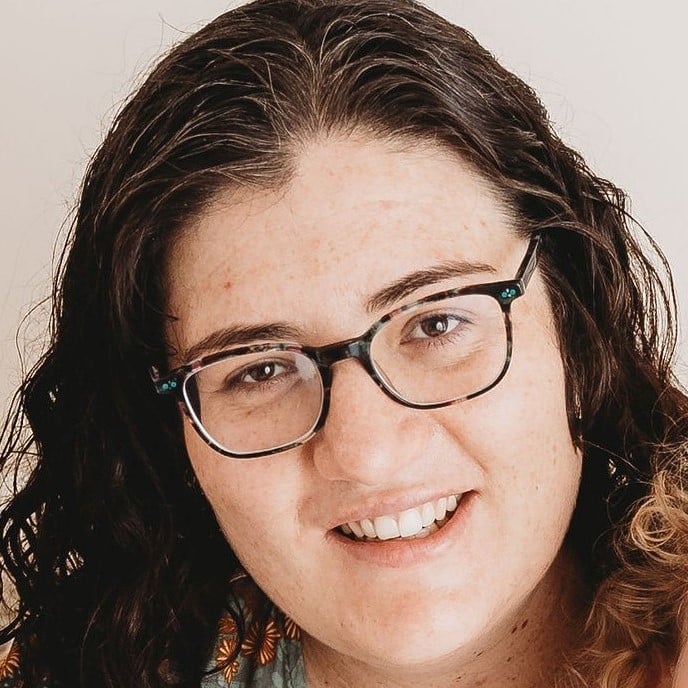
|
Lauren is an Emergency Medicine Specialist at Mount Gambier and Districts Health Service in the Limestone Coast Local Health Network, and a Casual Senior Lecturer at Flinders University.
She completed her medical degree at Flinders University and undertook the majority of her FACEM training at Flinders Medical Centre, with additional rotations at Mildura Base Hospital, MedSTAR Kids, and the Royal Adelaide Hospital. After attaining fellowship, Lauren moved to Mount Gambier and worked through the process of ACEM training accreditation to increase the rural training options in South Australia.
Her interests include clinical education at both undergraduate and vocational levels, with a particular focus on simulation, gamification techniques, and assessment practices. She is also passionate about strengthening the rural workforce and supporting doctors returning to practice after family leave. Her combined clinical and academic roles provide valuable insight into these challenges and opportunities for advocacy.
Lauren joined the RRR Committee in 2022 and is currently the Deputy Chair. She is also a member of ACEM’s Education Strategy and Engagement Committee and the Assessment Improvement Reference Group, as well as the Fellowship Examination SCQ Writing Group and the Trainee Progression Review Panel for South Australia and the Northern Territory.
Outside of medicine, Lauren enjoys life with her young family and exploring the Limestone Coast.
|
-
Adam Gunner – FACEM Trainee Member (NSW) 

|
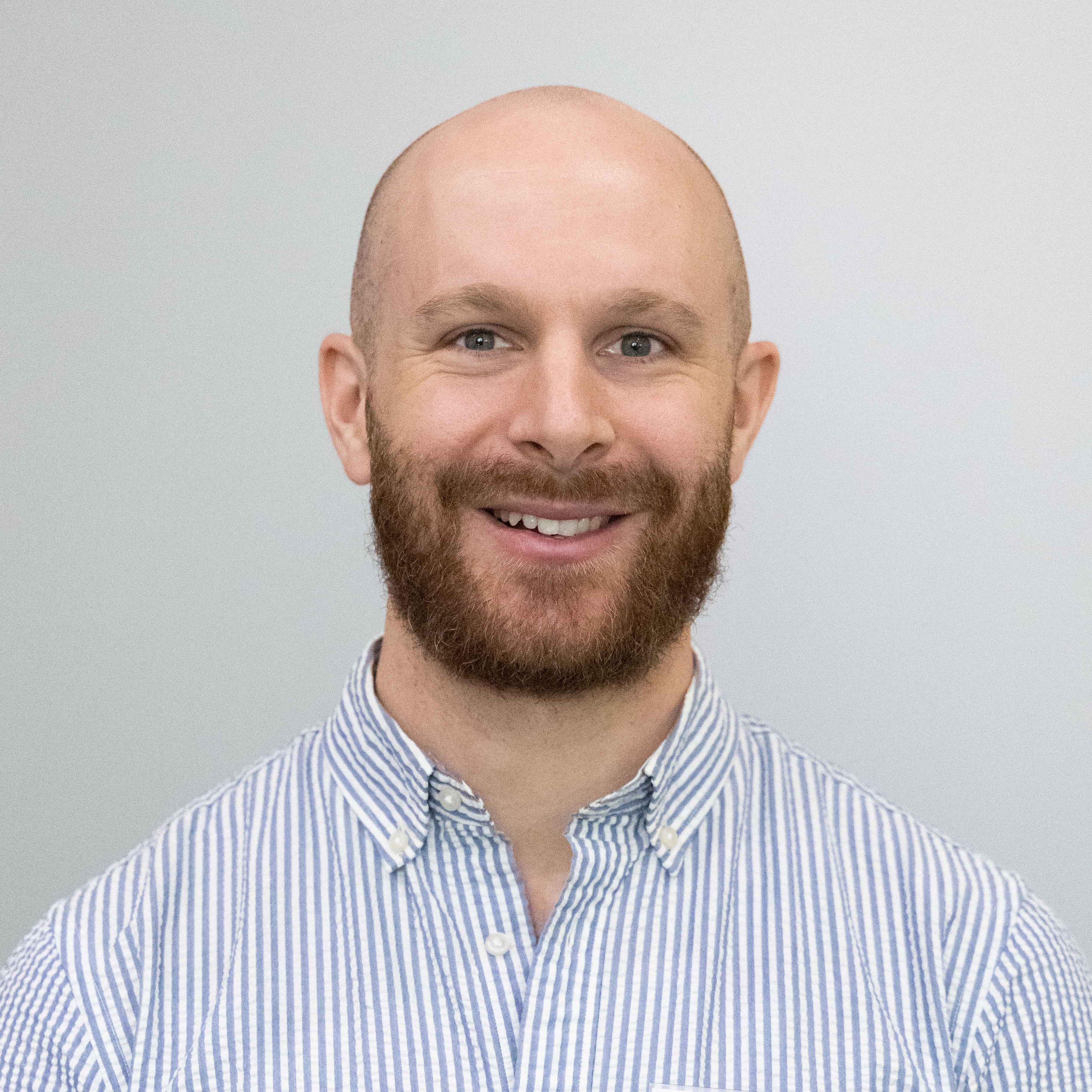
|
Adam is an Emergency Medicine advanced trainee based in Coffs Harbour, NSW. He is also a Fellow of the Royal Australian College of General Practitioners (RACGP) and holds a Fellowship in Advanced Rural General Practice, reflecting his commitment to providing high-quality care in rural and regional settings.
He completed his medical degree in Cardiff, Wales, before moving to warmer regions, and has since gained diverse clinical experience across Queensland, New Zealand, and the Mid North Coast of NSW, where he now lives locally with his young family, balancing his professional and personal life in a rural community.
Adam joined the RRR Committee in 2024 and is passionate about strengthening training pathways, mentoring and support systems for rural-based trainees and junior doctors, ensuring they are well-equipped to meet the challenges of rural practice.
Outside of medicine, he enjoys spending time in nature and experimenting in the kitchen.
|
-
Christine Edwards – Community Member (TAS) 

|

|
Christine is an experienced CEO, Board Director and community representative with extensive expertise in health, medical research and public sector governance. She currently holds appointments in health, medical research and philanthropy, and serves as a community representative on committees for the Australian Medical Council, the National Medical Health and Research Council and the Medical Research Future Fund, and four ACEM committees.
Christine has held senior executive roles across Western Australia, Tasmania and Victoria, leading in-patient and residential aged care services, including palliative care. In Western Australia, she managed child and family services in the western Pilbara, supporting Indigenous and mining communities. In Tasmania, she oversaw health services for children and families, maternal and child health, drug and alcohol programs, youth justice, and dental care. She has also spent over a decade in the philanthropic and not-for-profit sectors, gaining further insight into community needs and service delivery.
Her experience working in remote locations, such as the Pilbara, sparked a deep interest in how geographic isolation impacts services, communities and workforce sustainability. Christine holds postgraduate qualifications in public sector management, health administration, and publishing and editing, and is a graduate of the Australian Institute of Company Directors.
In addition to her executive and governance work, Christine runs an editing and proofreading business, and brings her combined expertise in leadership, governance and community advocacy to her role as the Community Member on the RRR Committee, which she has held since 2023.
|
-
Gregory Hollis – FACEM (NSW) 

|
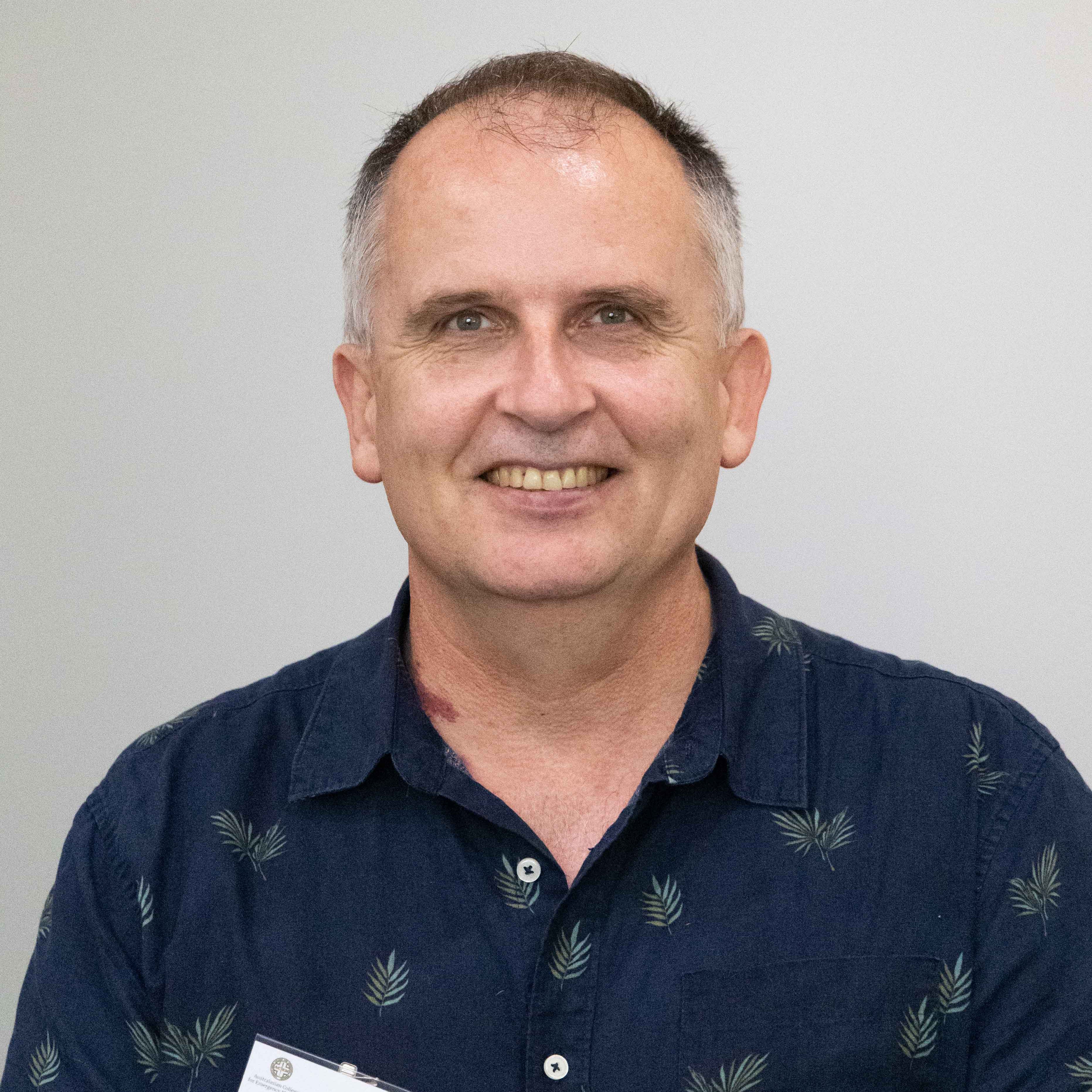
|
Greg is an experienced and clinically active FACEM with extensive regional and rural clinical and non-clinical experience. He currently works across several part-time roles: Canberra Hospital Emergency Department, aeromedical retrieval in the ACT and Southern NSW, District Medical Lead for Emergency Medicine in Southern NSW, and VCare FACEM for Western NSW LHD.
Previously a tertiary Emergency Department Director for more than seven years, Greg has also worked in and led change across regional and rural emergency departments in Southern and Western NSW. He has held roles as a state-wide retrieval consultant for the NSW Medical Retrieval Unit (MRU), in aeromedical retrieval in both Sydney and London, and as Deputy Director of DonateLife ACT.
Greg is also an Advanced Paediatric Life Support (APLS) instructor, director and coach, with interests in mentoring, coaching and improving regional patient flow and transport systems. He was the first FACEM trainee to win both the Joseph Epstein Prize (Primary Examination) and the Buchanan Prize (Fellowship Examination).
Greg has previously contributed to ACEM through roles on the Maintenance of Professional Standards (MOPS) Committee and the Pre-Hospital and Retrieval Medicine Working Group, and he joined the RRR Committee in 2024.
|
-
Jane Armstrong – FACEM (NSW) 

|
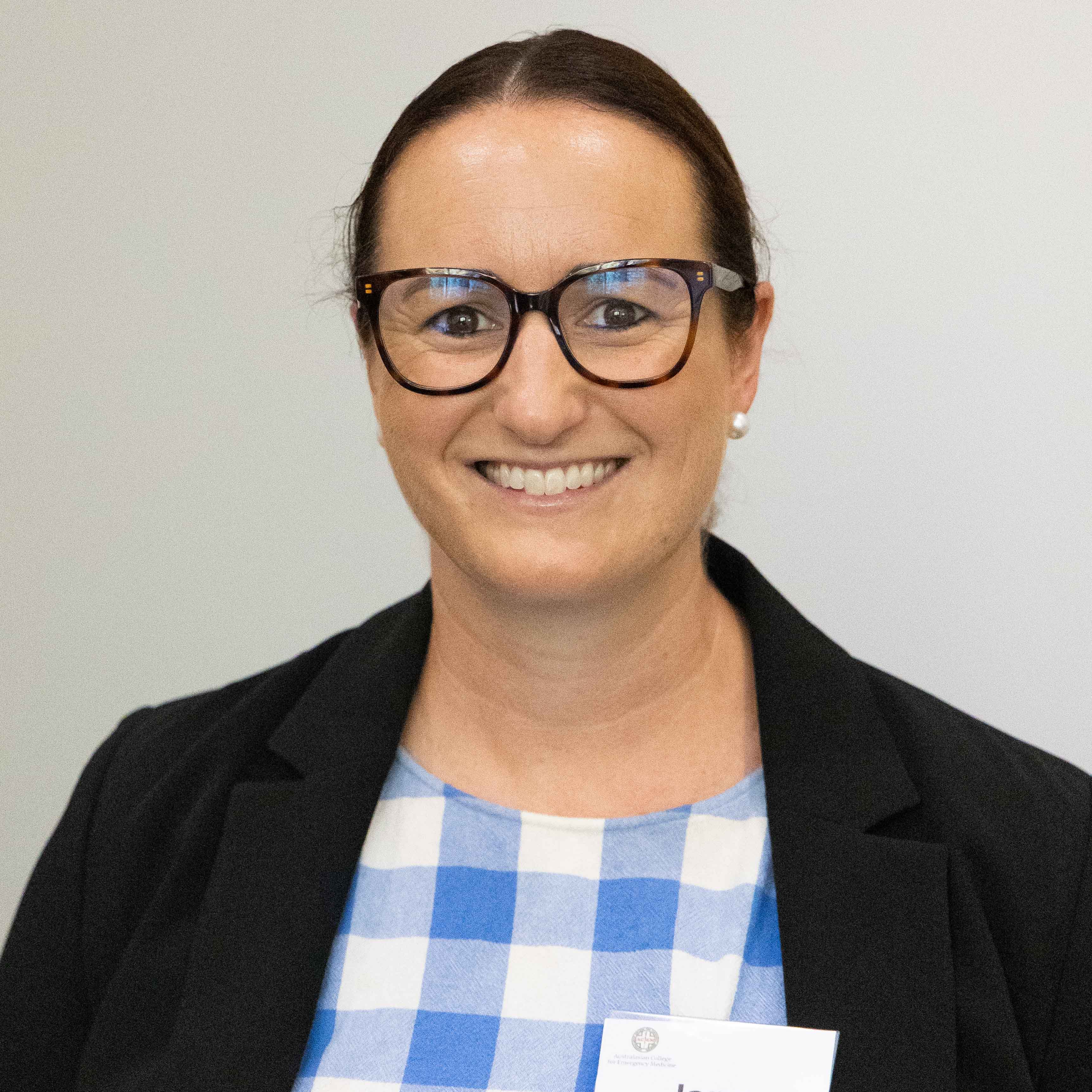
|
Jane is a Staff Specialist in Emergency Medicine at Wagga Wagga Base Hospital, NSW. She grew up on a mixed farm near Junee and maintains strong ties to the Riverina, having trained as a UNSW medical student at the Wagga Wagga Rural Clinical School and completed her ACEM fellowship locally.
She began her career with an internship and residency at Orange Health Service, followed by an SRMO role in critical care, and gained further experience through rural and regional locum positions. Jane completed her ACEM training at the Royal Darwin Hospital and Wagga Wagga Base Hospital, attaining Fellowship in 2024.
Jane is passionate about regional, rural and remote medicine, workforce sustainability, and creating supportive training environments that foster recruitment and retention. She advocates for demonstrating that rural and regional medicine can offer a rewarding balance between professional and personal life. Drawing on her own experience as an ACEM trainee, Jane values the flexibility that allowed her to base her training predominantly in regional settings and firmly believes that providing trainees with the opportunity to “grow up” within emergency departments supports them throughout their training journey and strengthens retention as they transition to Fellows.
Her non-clinical interests include stroke, geriatric, and paediatric liaison, mentoring coordination, and involvement in OSCE preparation for fellowship candidates in Wagga. She also holds a teaching position with the School of Rural Medicine at Charles Sturt University and is an active member of ACEM’s Advancing Women in Emergency Network and Geriatric Emergency Medicine Network. Jane joined the RRR Committee in 2024.
Outside of emergency medicine, Jane enjoys spending time with family and life on the farm.
|
-
Karly Field – FACEM (NSW) 

|
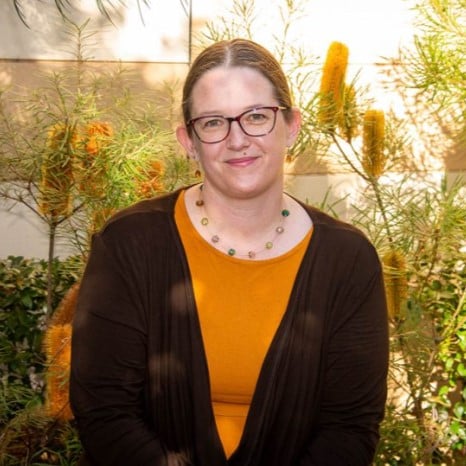
|
Karly is a Staff Specialist in Emergency Medicine at Coffs Harbour Base Hospital and Director of the Macksville District Hospital Emergency Department on the Mid North Coast of NSW. Born and raised nearby in Nambucca Heads, she returned to her hometown after completing medical school at the University of Adelaide and gaining early-career experience, including two years as a JMO at the Mater Misericordiae University Hospital in Dublin, Ireland, and at Townsville University Hospital in Far North Queensland.
Karly completed the majority of her Emergency Medicine training in rural and regional hospitals, including Coffs Harbour Base Hospital, Tweed Hospital, and a Special Skills term at Macksville District Hospital. During training, she served as a Trainee member on the RRR Committee.
Since attaining Fellowship in 2017, Karly has been a driving force in rural emergency medicine, becoming Director of Emergency Medicine at Macksville in 2019. She has previously led the Coffs Clinical Network EMET program, was a member of the ACEM Emergency Medicine Associateship Training Programs Examination Working Group, and currently serves as Associate Professor and Head of Campus at Charles Sturt University’s Northern Rivers Rural Clinical School.
Karly is also the co-founder of the Rural Research in Emergency Care Network, established in late 2024 to address the unique challenges of rural emergency medicine by ensuring research is context-specific, practical, and directly applicable to rural healthcare settings. The network is supported by Deakin University’s Centre for Rural Emergency Medicine, which provides expertise and guidance in rural emergency healthcare research.
She is passionate about building a strong and sustainable rural workforce, supporting medical education, and mentoring students, trainees, and geographically isolated clinicians. Karly has been a FACEM member of the RRR Committee since 2022 and is also involved in various ACEM entities, including the Events Advisory Committee and the Education Strategy and Engagement Committee.
|
-
Kirsty Jackson – FACEM (VIC) 

|
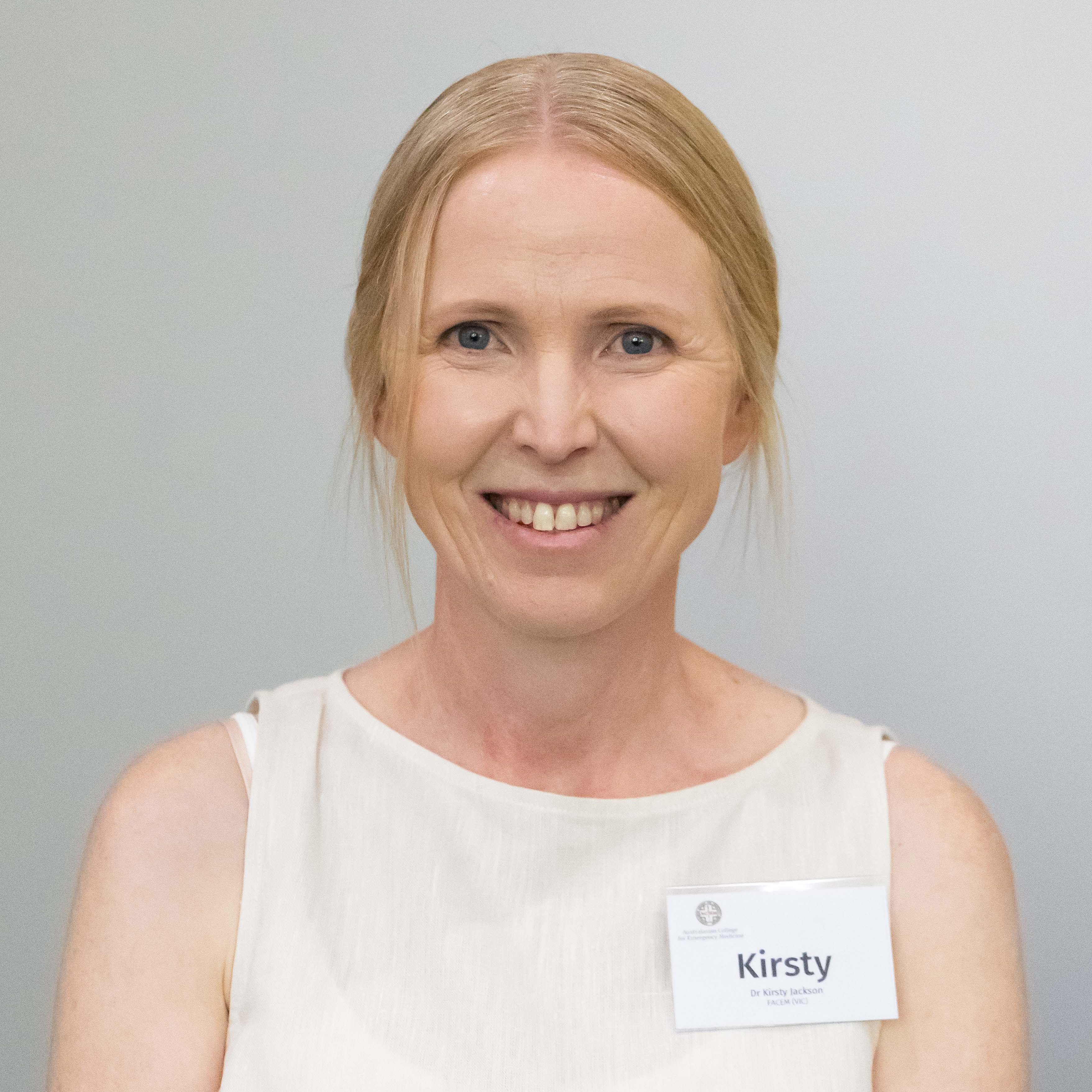
|
Kirsty is a Staff Specialist in Emergency Medicine at Albury Wodonga Health and lives in the beautiful North-East region of Victoria. She has strong rural roots, having grown up in Mildura, and values the richness of family life in rural communities.
A graduate of the University of Melbourne, Kirsty was a recipient of one of the original Rural Australia Medical Undergraduate Scholarships (RAMUS) supporting rural students. She went on to complete her FACEM training in Melbourne but was privileged to work in a variety of rural settings, including Echuca, Alice Springs, North-West Tasmania, and retrieval services across the Top End of the Northern Territory.
For the past 12 years, she has worked regionally at Albury Wodonga Health, where she has held portfolios in clinical leadership, teaching and recruitment. This role has been part of a rewarding journey in helping develop a rural emergency department from the grassroots up.
Kirsty joined the RRR Committee in 2024, driven by her passion for achieving health equity in rural communities, supporting a strong and sustainable rural workforce, and expanding rural educational opportunities. Her special interests include trauma care and simulation-based training.
|
-
Lucy-Anne Tolcher – FACEM (QLD) 

|

|
Lucy-Anne is an Emergency Physician based in Toowoomba, Queensland. Raised in Mackay on the central Queensland coast, she studied medicine at James Cook University, where her passion for rural and regional health was first fostered. She went on to complete most of her training in rural and regional centres, gaining extensive experience in delivering emergency care across diverse settings.
A strong advocate for health equity, social justice, and clinician wellbeing, Lucy-Anne has pursued additional studies to enhance her skills in leadership, growth, and service improvement in regional health services. Her work reflects a deep commitment to ensuring rural and regional communities have access not only to high-quality healthcare but also that emergency medicine physicians have access to meaningful professional development opportunities.
Lucy-Anne joined the RRR Committee in 2022 to continue her advocacy, contributing to initiatives that strengthen training pathways, support workforce sustainability, and promote equitable access to emergency care across rural and regional Australia.
|
-
Omar Faruque – FACRRM Representative (NSW) 

|
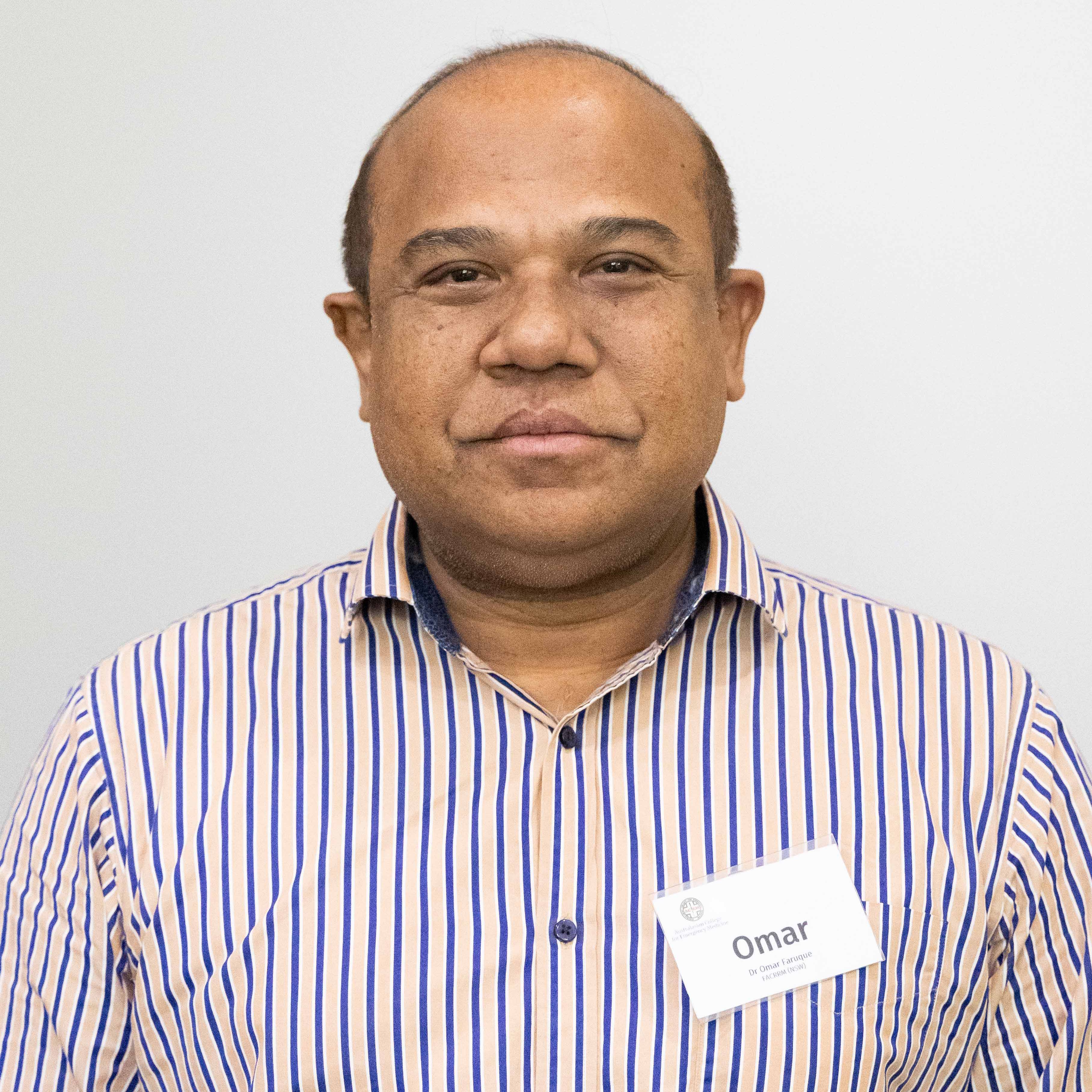
|
Born in Bangladesh, Omar lived in New Zealand before moving to Australia in 2000. He is a Fellow of the Australian College of Rural and Remote Medicine (FACRRM) with advanced expertise in Emergency Medicine and over 22 years of combined experience in emergency and intensive care across Australia.
He has trained extensively in critical care, including five years as an ICU Registrar/Provisional Fellow at major NSW hospitals, with additional experience in Queensland, the ACT, Tasmania, and NSW. His training also includes 24 months in anaesthetics, a Diploma in Child Health, an Associate Fellowship with the Royal Australasian College of Medical Administrators (AFRACMA), and the Emergency Medicine Advanced Diploma.
Omar holds multiple critical care certifications and has retrieval medicine experience with ICU services at Central Coast Area Health (NSW). He is skilled in a wide range of advanced emergency and intensive care procedures and has contributed original research to Emergency Medicine Australasia and the Medical Journal of Australia. Since 2010, he has also served as a critical care peer reviewer for the Malaysian Journal of Medical Sciences.
Omar joined the RRR Committee in 2024. He balances a busy clinical career with family life and enjoys travel, birdwatching, exploring Asian cuisine, and watching programs on war and geography.
|
-
Nicole Liesis – FACEM (WA) | National Rural Health Alliance Representative 

|

|
Nicole has extensive emergency medicine experience across Queensland, Western Australia, and internationally, working in regional, rural, remote, urban district, metropolitan tertiary, and virtual healthcare settings. Based in Boorloo (Perth), her current primary focus is supporting regional healthcare services in Western Australia.
Nicole is passionate about reducing inequities in both access to and quality of emergency care. She strongly advocates for integrating Aboriginal and Torres Strait Islander concepts of social and emotional wellbeing – grounded in connection to country, community and culture – into healthcare practice. Her work emphasises cross-cultural communication, strengths-based coaching, anti-racism, and facilitative leadership, with the vision of leveraging diverse cultural perspectives to improve healthcare delivery for all communities.
Nicole’s contributions to ACEM are extensive. She previously served as Chair of the Mentoring Reference Group, and was a member of the Council of Advocacy, Practice and Partnerships, the Indigenous Health Committee, and Deputy Chair of the Western Australia Faculty Board. She is currently ACEM’s National Rural Health Alliance (NRHA) representative, a member of the WA Faculty Board, and has served on the RRR Committee since 2021.
|
-
Rachael Luckie – FACEM (NZ) | Hauora Taiwhenua Rural Health Network Representative 

|
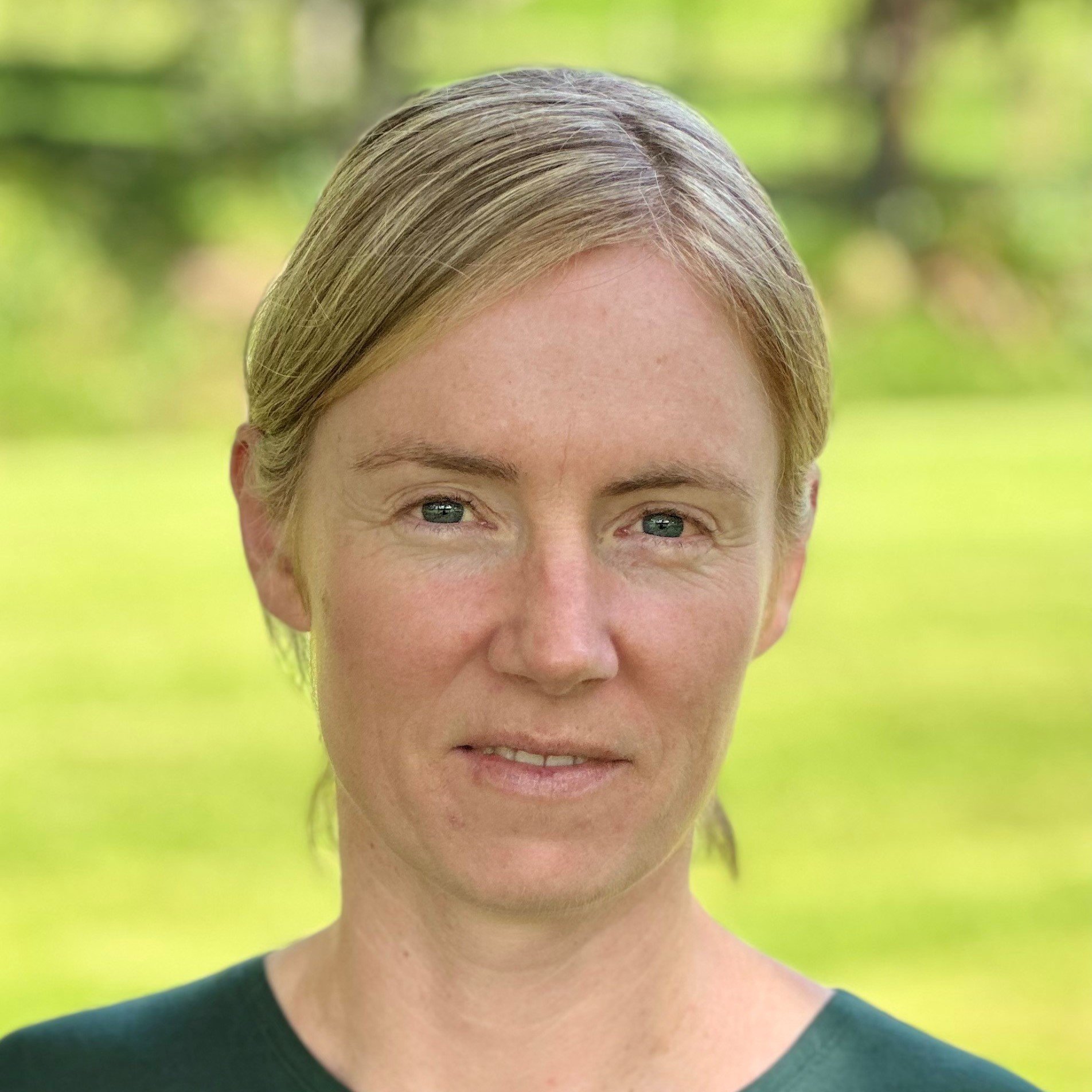
|
Rachael was raised in the Hauraki District in Aotearoa New Zealand and completed her medical degree at the University of Auckland. During her trainee intern year, she was awarded an Institute of Rural Health Undergraduate Scholarship, reflecting her early commitment to rural health.
Emergency Medicine was a natural fit for Rachael, who enjoys variety in her work and values close, collaborative relationships with nursing, allied health and administrative colleagues. She completed the majority of her Emergency Medicine training at Waikato Hospital, while also gaining experience at several regional and metropolitan sites across Aotearoa New Zealand.
Since 2018, Rachael has practiced as an Emergency Physician at Thames Hospital, alongside a small FTE commitment at Waikato Hospital. She is particularly passionate about improving health equity for rural communities in Aotearoa New Zealand and supporting sustainable rural healthcare.
Rachael is also committed to advocating for the needs of rural emergency clinicians and the communities they serve. She joined the RRR Committee in 2022 and serves as ACEM’s Hauora Taiwhenua Rural Health Network representative.
|
-
Renee Pearman – FACEM (NSW) 

|
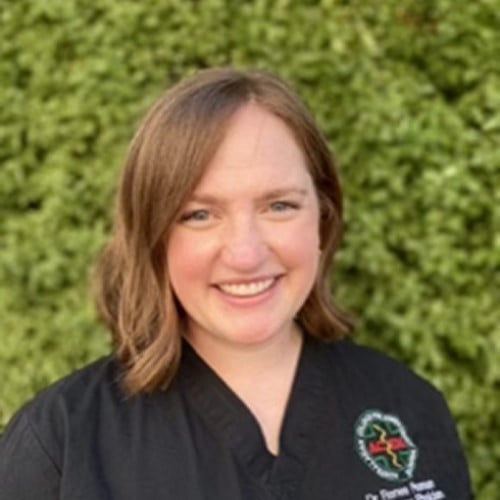
|
Renee is the Director of Emergency Medicine and Training at Dubbo Hospital and the Local Workplace-Based Assessment Coordinator at Orange Health Service. Since completing her medical degree at the University of Sydney, she has trained in Emergency Medicine across regional NSW, Sydney, and the Northern Territory, gaining broad experience in both urban and rural clinical environments. Her training fostered a deep passion for regional emergency medicine.
In addition to her clinical work, Renee holds a teaching position with the University of Sydney’s School of Rural Health, supporting the development of the next generation of rural and regional clinicians. She has also contributed to the professional development of her peers, serving on ACEM’s Trainee Progression Review panels as both a Trainee and a Fellow.
Renee is committed to delivering excellent, compassionate and equitable care to patients in rural areas. She is also passionate about advocating for regional clinicians, helping them access high-quality training opportunities, maintain sustainable work environments, and build resilient careers in rural emergency medicine.
Renee has been an active member of the RRR Committee since 2022, contributing to initiatives that support rural training pathways and workforce sustainability.
|
-
Robert Nayer – FACEM (QLD) 

|
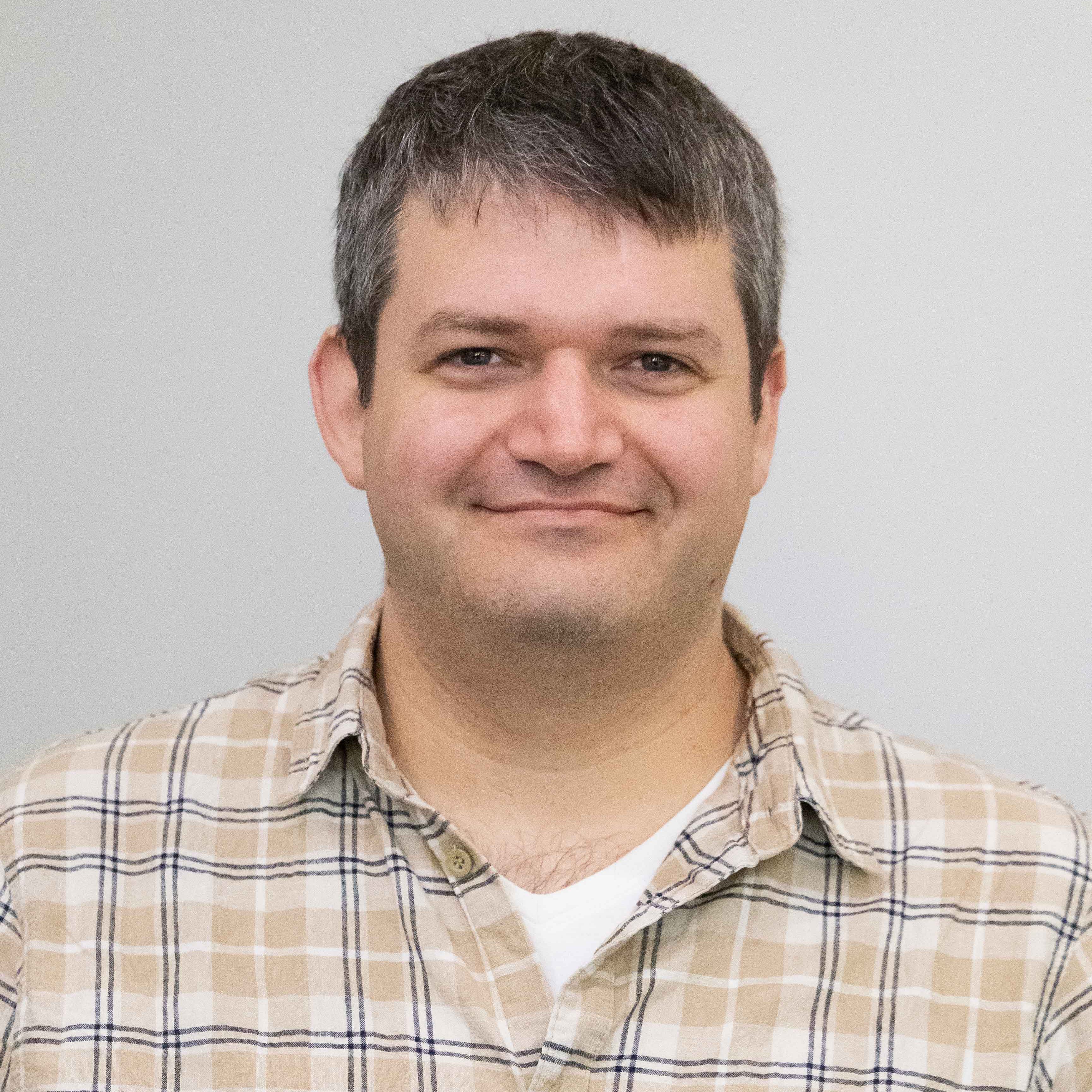
|
Rob is an emergency physician at Mount Isa Base Hospital in remote Queensland, where the 10-bed emergency department manages between 80–120 patient presentations each day. He attained his Fellowship after commencing registrar training in 2019 and is deeply engaged in workforce and wellbeing advocacy across Queensland’s health system.
He has held leadership roles, including Chair of the AMA Queensland Committee of Doctors in Training and member of the Emergency Department Ramping Roundtable. He also chaired the AMA Queensland Medical Workforce Working Group, which published its action plan in mid-2025, promoting workforce solutions developed by clinicians in collaboration with frontline doctors. He currently serves on the Board of Directors of the Queensland Doctors’ Health Programme and has been actively involved in driving legislative reform to ensure hospital and health service boards are legally accountable for the psychosocial wellbeing of their staff.
Rob is acutely aware of the challenges facing Australia’s primary and public health care systems – challenges that place both patients and the mental health of doctors at risk. He believes that, more than ever, doctors require strong advocacy and public engagement to ensure neither they nor their patients are left behind as the health system grapples with increasing complexity and service demands. His work focuses on workforce planning across the medical training pipeline and safeguarding the wellbeing of the health workforce.
As a new FACEM, Rob is committed to learning from the breadth of experiences within the emergency medicine community, particularly in the unique context of rural and remote healthcare. He values opportunities to share knowledge, strengthen networks, and translate collective insights into improvements for his own practice and the regional Queensland communities he serves.
Rob is also an Associate Fellow of the Royal Australasian College of Medical Administrators (RACMA) and a Casual Senior Lecturer at James Cook University. In 2024, he joined the RRR Committee to provide a regional new fellow perspective on the challenges and opportunities of emergency medicine in remote Queensland.
|
-
Robert Worswick – FRACGP Representative (ACT) 

|

|
Bob is a Rural Generalist and former Australian Army infantry officer, who served over 20 years with deployments to Somalia, Syria, East Timor, Iraq and Afghanistan.
As a dual Fellow of the Australian College of Rural and Remote Medicine (ACRRM) and the Royal Australian College of General Practitioners (RACGP), with advanced training in emergency medicine, he gained broad clinical experience as a GP Registrar in rural Queensland and as an ED Registrar in the Canberra Hospital Emergency Department.
Bob now provides clinical care and leadership in Australian Defence Force health facilities, and provides locum support to rural hospitals in Queensland. He is passionate about enhancing Rural Generalist training, workforce sustainability and professional development, and has held leadership roles within ACRRM, including Board Director and committee memberships.
Bob has also been actively involved with ACEM’s Pre-Hospital and Retrieval Medicine Network since 2020 and the RRR Committee since 2022.
|
-
Rodney Whyte – Certificant Member (VIC) 

|
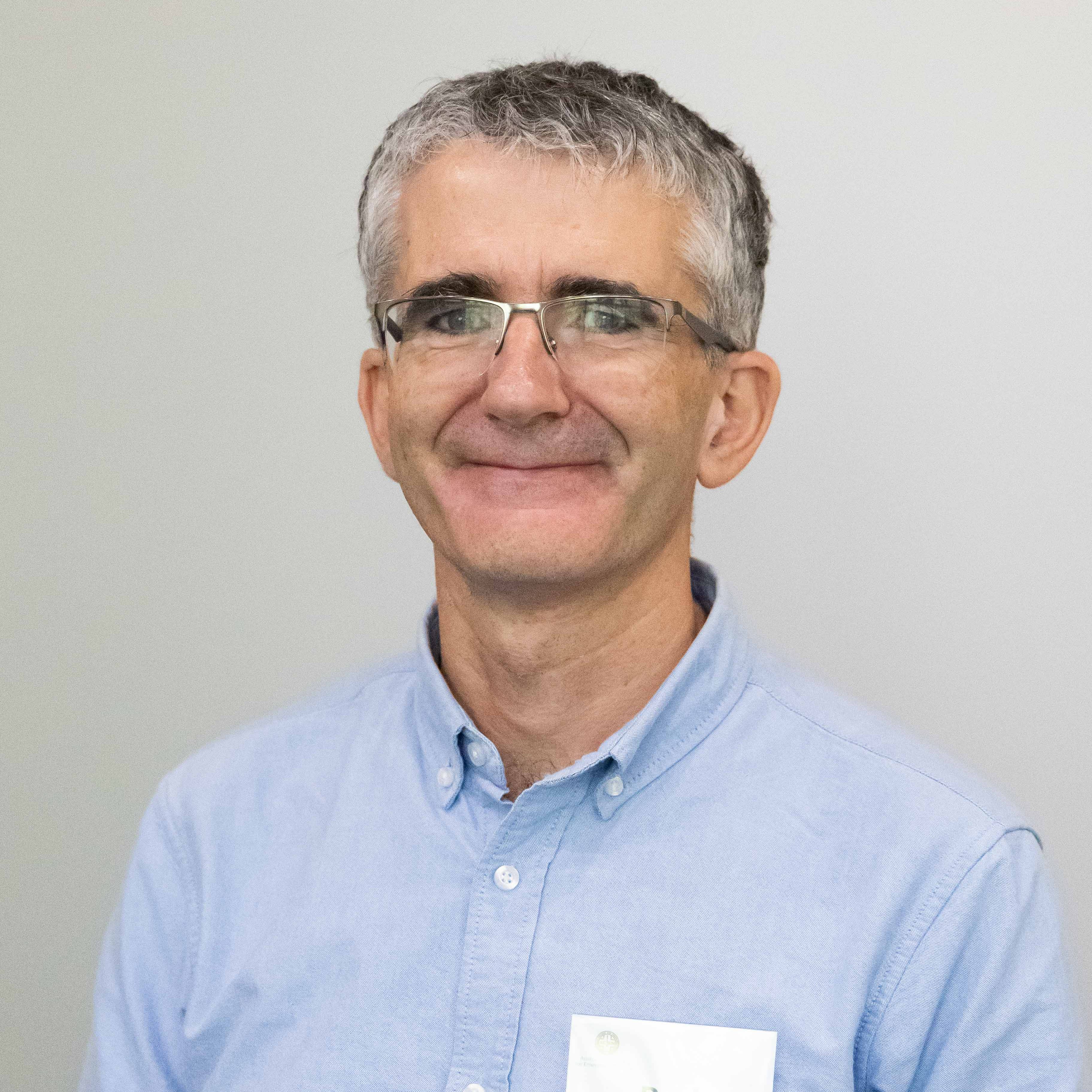
|
Rod trained as a Rural Generalist and has built a diverse career across emergency medicine, remote practice, and general practice. He has worked in smaller emergency departments, remote and rural roles in the Northern Territory and Queensland, and as an urban GP, giving him a broad perspective on the challenges of delivering care across different settings.
Rod is now based at the St John of God Emergency Department in Geelong, Victoria, where he combines his clinical work with a strong commitment to teaching. He has a strong interest in ensuring the ongoing relevance and sustainability of Generalist Practitioners within an increasingly specialised healthcare environment. Drawing on his varied experience, he advocates for adaptable, well-rounded training pathways and for maintaining the vital breadth of skills required to meet the needs of both urban and rural communities.
Outside of clinical practice, Rod is passionate about mentoring and supporting junior doctors, helping them to navigate the opportunities and challenges of a career that spans both generalist and specialist domains.
Rod was previously a member of ACEM’s Emergency Medicine Certificate and Diploma Committee, and he joined the RRR Committee in 2024.
|
-
Sophie Parnham – DRHMNZ Representative (NZ) 

-
Stephen Gourley – ACEM President (NT) 

|
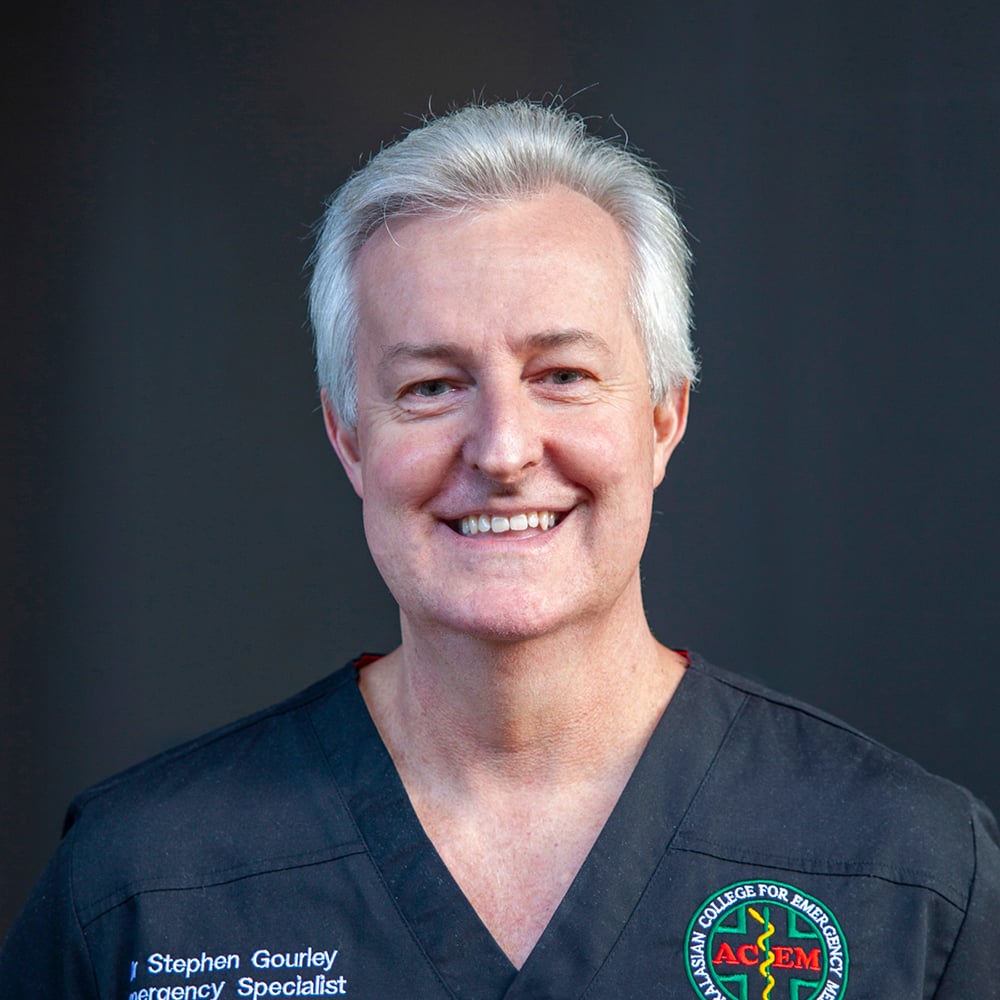
|
Stephen was born on the Gold Coast, but then travelled to Vancouver Canada where he did his primary school education. He picked up a strong Canadian accent, which has since diminished to a slight twang now. He returned to the Gold Coast for his high school education and then studied at the University of Queensland, Brisbane.
He did his first few years at the Royal Brisbane Hospital. He was initially interested in Ophthalmology and was offered a position as the first Ophthalmology PHO at the Gold Coast Hospital, Southport. On his first day there, he was told there was not enough work to sustain a full time position in Ophthalmology and was given two days a week in the Emergency Department.
He worked every Saturday and Monday for a few years while also covering Ophthalmology and studying. Over that time, he decided that he preferred the unpredictability of the emergency department. You never know what you are going to get through the door and it’s a great feeling being able to manage a wide range of conditions.
After spending a wonderful time at the Gold Coast Hospital, he did some locum work and explored Australia. He ended up filling in for the DEM at Alice Springs Hospital, covering her maternity leave.
She then resigned and he was asked to stay, and did. So what was supposed to be a three month stint has lasted over eight years. In that time he has been actively involved in a range of ACEM committees as well as being involved in other bodies, such as the AMA, National Rural Health Alliance and NT Clinical Senate.
He loves surfing and snow skiing - perfect hobbies for someone living in a desert.
|
-
Tim Baker – FACEM (VIC) | Ex-officio: Chair, National Programs Steering Committee

|
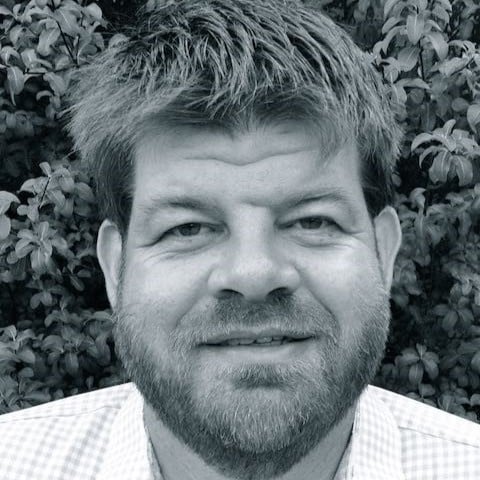
|
Tim lives and works as an Emergency Physician on the South West Coast of Victoria. He is the Director of Deakin University’s Centre for Rural Emergency Medicine, where he focuses on research, education and initiatives to strengthen rural emergency care.
Tim has long been committed to advocating for rural emergency medicine and has found ACEM committees to be an effective platform for supporting this work. He is currently a member of the RRR Committee, having previously served from 2012 to 2020, and rejoined in 2022.
In addition to his RRR Committee role, Tim serves as the Chair of ACEM’s National Program Steering Committee, providing strategic oversight of the development and delivery of the Specialist Training Program, a Commonwealth Department of Health–funded initiative facilitated by ACEM, encompassing a range of projects aimed at improving emergency training across Australia, including in regional, rural and remote settings.
He has also previously chaired the Emergency Medicine Certificate and Diploma Committee, contributing to the development and governance of ACEM’s education and credentialing pathways.
Tim is one of the co-founders of the Rural Research in Emergency Care Network, established in late 2024 to tackle the unique challenges of rural emergency medicine by ensuring research is context-specific, practical and directly applicable to rural healthcare settings. The network is supported by Deakin University’s Centre for Rural Emergency Medicine, which provides expertise and guidance in rural emergency healthcare research.
Through his clinical, academic and committee work, Tim is dedicated to improving access to high-quality emergency care in rural communities and supporting the training and development of rural emergency clinicians.
|